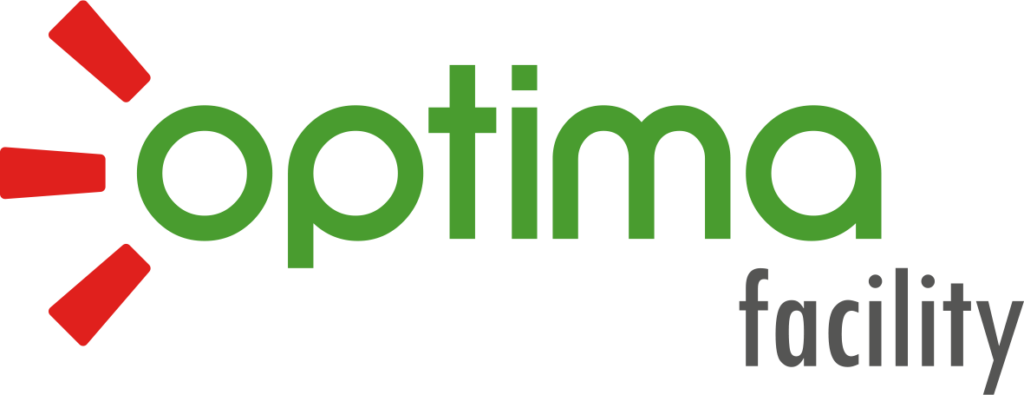March 2023
Optima, with more than half a century of experience in the Facility Management market, adds value to its clients by transforming their FM services to make them more sustainable, visible, efficient and productive. It is a specialist in the management and provision of a wide range of services with its own personnel and resources, thus ensuring high levels of quality and competitiveness: Cleaning, Maintenance, Comprehensive Facilities, Comprehensive FM Service, Energy and Sustainability Services, Services office assistants and Business Process Outsourcing. Optima has spent years betting on innovation and digitization, in addition, it is firmly committed to sustainability, of which it has a broad vision following the ESG (Environmental, Social and Governance) criteria.

In their series of talks with FM and sustainability Leaders on LinkedIn, they asked Sunil a number of questions about FM and sustainability.
What role does Facility Management play in reducing the carbon footprint?
The FM sector has a huge role in reducing carbon emissions for its own Operations, which can include the buildings it operates from, vehicles used and the equipment purchased. All these items are within the control of the FM Company and can plan ahead how it purchases items and also trains staff. However, a far bigger potential exists with the services that are provided to the customers and the potential to help many organisations to reduce their emissions. Changes in relation to how services are being provided and interacting with day to day operations, or identifying energy efficiency measures through to upskilling the Customer and their other Service providers can all help to significantly reduce the carbon footprint. This multiple impact allows FM to reduce carbon emissions far more than just for the sector itself.
How can Facility Management address Scope 3 emissions?
Emissions related to the wider value chain, for the FM sector, typically amounts for 80% or more of the total emissions for an FM Company. Tackling these emissions is therefore critical for any Company to meaningfully reduce its emissions. Typically, the greatest impacts are related to the Suppliers used, purchased, and leased equipment and transport – increasingly it also includes those working from home and commuting to work. Developing strategies for these groups Will help to proactively reduce these emissions The first step is to understand the scope 3 emissions for an organisation, building a picture of the scale and how significant each area is. Typically, early on, there Will be estimations made for many areas as the Quality of the data is not accurate enough, so improving the Quality of the data is also an important short and medium term activity. And finally, the Management team in the Company need to understand the importance of the data and how to use this information to inform decisions made about the Business for Customers and the forward Strategy.
Do you think it is important to integrate technology in the calculation of the carbon footprint?
The role of technology can both directly and indirectly improve the carbon impacts of services being provided. The use of telematics can help improve logistics and reduce travel distances and driving quality. Thermal imaging and drones can identify where maintenance and improvements are required without intrusive surveys or scaffolding. However, the role of technology should become part of the Service, with the information provided helping to improve the quality of what FM provides. Looking forwards, technology will become more prevalent, and needs to be incorporated into how social and Environmental programmes can be met. It will also form a key part related to the improvement of data Quality.
What role and contribution do people have on the road to net zero?
Developing individuals’ skills and awareness is an important part of reaching net zero, and certainly cannot be achieved without employees, customers and Suppliers being on board as well with the challenge. Net Zero Will mean reducing emissions significantly so that only small amounts of residual emissions which cannot be avoided are left and often takes many years to achieve. Ensuring that teams have carbon literacy is important to incorporate these skills into their day to day activities; that Suppliers can be engaged differently to identify and provide innovations, which may require different Procurement approaches; and operational teams who understand how to optimise the technologies and their activities to reduce carbon impacts. Achieving net zero is therefore as much about the cultural change of a Company as it is the data and technology, and both together are necessary to reduce carbon emissions.




